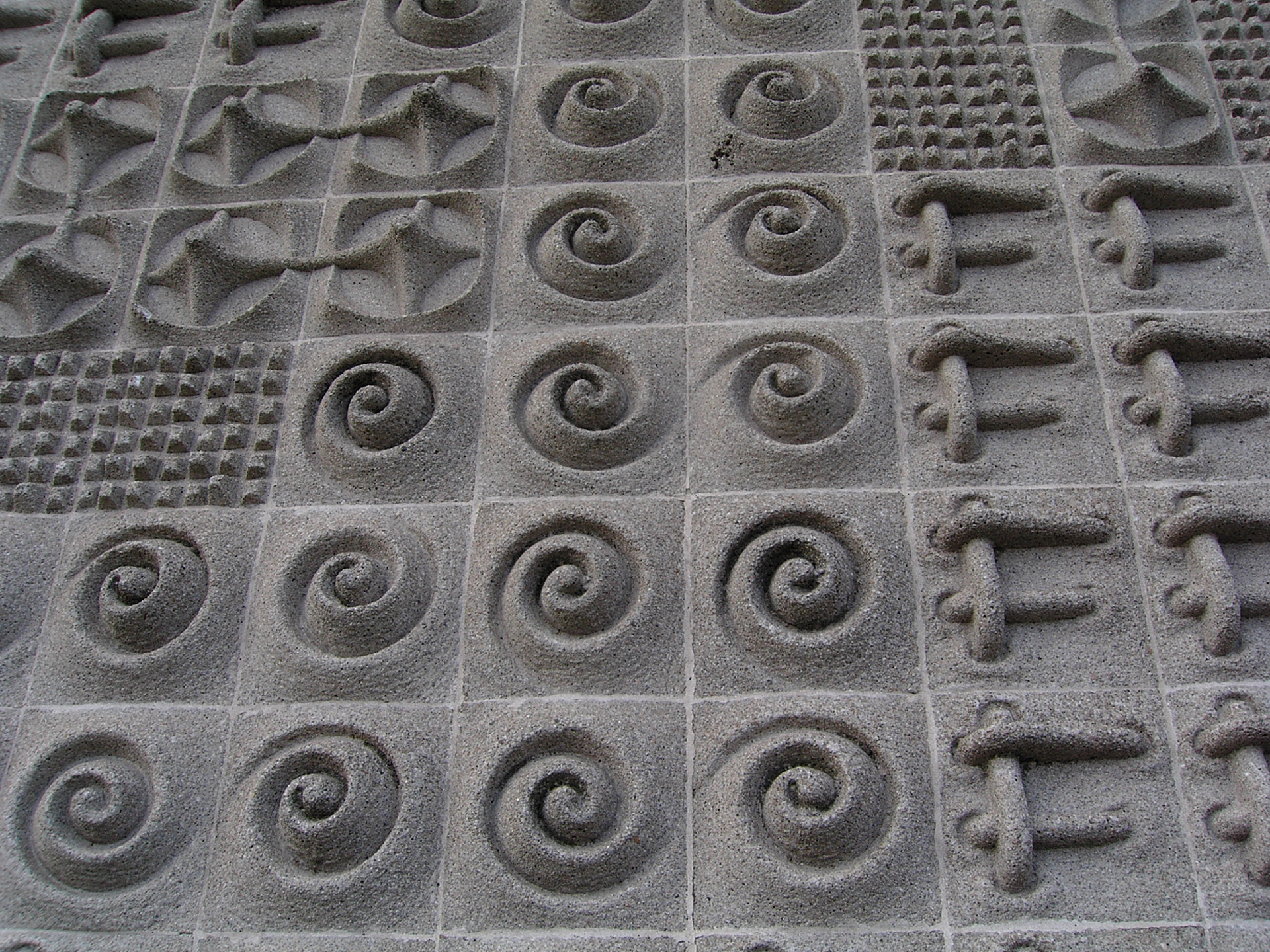Help Find Missing Public Art
- Historic England reveals national collection of sculptures, friezes and murals that have been destroyed, sold, lost or stolen
- Organisation asks public to help uncover missing pieces
- Lost items include works by well-known artists, as well as those now coming of age
England's post-war public art, created by some of the most important artists of the 20th century, is "disappearing before the public's eyes". We have discovered that a growing number of sculptures, architectural friezes and murals - made between the Second World War and the mid-1980s - have been destroyed, sold, lost or stolen.
Through our own research, and information from the Twentieth Century Society, the Public Monuments and Sculpture Association, from historians and some of the artists themselves, we are building up a picture of just how much art has disappeared.
We know that England has lost a worrying amount of artwork from the streets, housing estates, work places, shopping centres and schools for which the pieces were designed. Although many of the works have been destroyed completely, some could still be out there.
We are asking the public to come forward with information, evidence and photographs to help us to track them down and inform a major exhibition at Somerset House in London as part of its Utopia Season.
Duncan Wilson, Chief Executive of Historic England, said:
"Part of England's national collection of public artworks is disappearing before our eyes. Historic England's research is only the tip of the iceberg as it's almost impossible to trace what has happened to every piece of public art since 1945. What we do know is that this art work was commissioned and created for everyone to enjoy, and it should remain accessible to all. We're making efforts to protect the best examples of post-war public art that still exist, and make sure that it continues to enhance the public realm. But we also want to raise awareness of just how vulnerable these works can be and we want the public to help us track down lost pieces."
From a bronze Henry Moore sculpture stolen to order for its scrap value, to an abstract steel sculpture by Barry Flanagan in Cambridge that was vandalised beyond repair, or the seven metre long steel structure by Bryan Kneale that was sold at auction last year, these public artworks are vulnerable and need protecting.
In 2012 Wakefield Council went as far as to remove its Henry Moore from public display and put it in secure storage because of the spate of thefts. Often, the artists themselves don't know their works are in danger until it's too late and the public isn't consulted on what should happen next.
Since they were installed from the early 1950s onwards, works have been vandalised, destroyed, sold and stolen. The price of scrap metal, the need for many public bodies to fill funding gaps, pressure from redevelopment, and vandalism are all reasons why this national collection of public art is being eroded.
Historic England (previously known as English Heritage) is currently identifying the post-war public art that could be protected through listing. We are also running an exhibition at Somerset House, Out There: Our Post-War Public Art from 3 February to 10 April 2016, to help people to learn about this national collection and the stories behind it, so they will recognise the importance of these works. We want to strengthen the public's sense of ownership of its own collection, to make it harder for it be stolen or destroyed.
We have compiled a list of works that have been lost, sold, stolen or destroyed.
If anyone knows anything about the fate of these works, or other works not mentioned here, they can get in touch by emailing [email protected] or calling 0207 973 3295.
We are also asking the public to send us any pictures of the missing pieces that they have taken over the years. We hope any further details that emerge can become part of the Out There exhibition, and the stories behind the disappearance of these works of art can be told.





